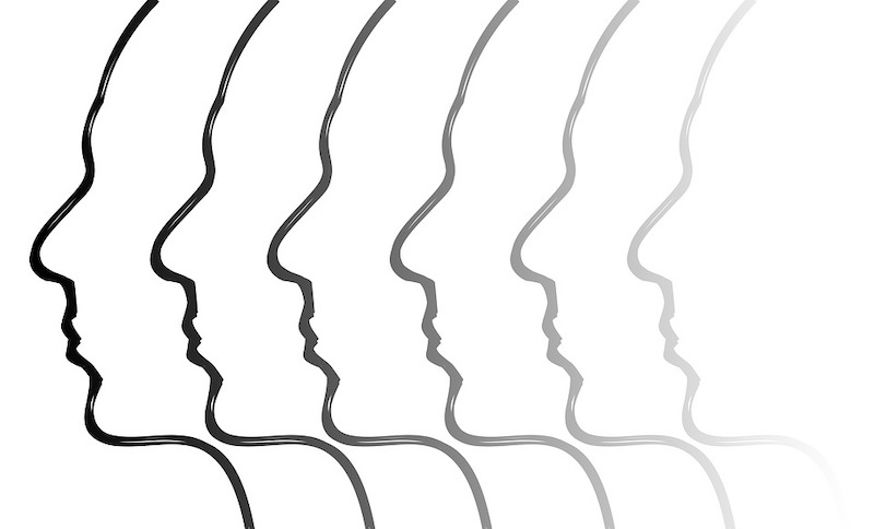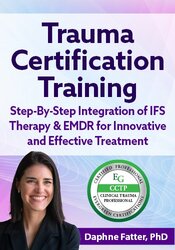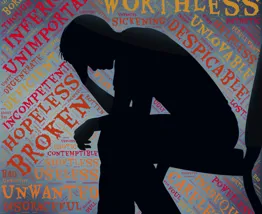Enrol in an online course today for flexible, self-paced learning—no fixed schedule required. Plus, enjoy lifetime access to course materials for convenient revisiting.
The Chronic Fatigue Enigma - 2/2

The Importance of Adapting Your Frame
Working with complex and disabling conditions such as chronic fatigue may require therapists to adapt their therapy style and perhaps also the contractual formal frame they utilise. Clients presenting with chronic fatigue may, for instance, take a long time between initial contact and a first face-to-face meeting (almost one year with one client I worked with), and this process may include navigating contact with relatives or other professionals involved in that client’s care. Clients may need appointments scheduled at particular times of day or frequency in sync with fluctuating energy patterns. Schedules may need adapting during a relapse. It is not therapeutic to tell a prospective client that he/she needs “to commit to weekly sessions for a minimum 12-month period”, to quote one bad therapy example.
The ‘formal frame’ at the heart of psychotherapy contracts is indispensable for good therapy practice. But its purpose is to create a safe therapeutic space that allows both client and therapist to safely and freely cross psychological boundaries within its confines. Formal frames utterly fail their intended purpose when they create obstacles to accessing therapy. This is not an argument for some ‘anything goes’ approach, on the contrary. The task is to create an adapted formal frame that
maintains the essential purpose and spirit but is nonetheless fine-tuned in constructive ways that take a client’s specific conditions into account. This is not dissimilar to how we would expect to make adaptations for a blind or a wheelchair-using client. The challenging task of co-creating an adapted formal frame will likely benefit from transparency and a client’s contributions but also good supervisory support (ideally a supervisor familiar with the chronic fatigue spectrum).
Prognosis
Recovery prognosis from Chronic Fatigue appears reasonably good but is often a very slow process with relapses and setbacks. Similarly to all demographic client groups, any recovery of vitality and motility will be folded into a client’s psychotherapeutic process. We should not expect to identify any single factor in a client’s process necessary to, or particularly enabling, their recovery. As with all complex conditions, meaning making will be central to recovery and such meaning will be deeply personal and unique to the individual.
Whatever changes in outlook, values, or lifestyle a client may pursue, they probably include insights and making connections with stress factors and psychological-emotional behaviour patterns prior to, and at the time of, developing CF. This may seem surprising in the context of therapeutic relationships dominated by a powerful and hard-to-bear single issue. But as with other single issues, the challenge for the therapist is to avoid becoming trapped together with the client by the single issue. Good clinical practice requires us to keep an open mind about any presenting issues and allow for additional, and perhaps multiple, meanings to emerge in the client’s process.
Click here to download a free version of Tom Warnecke’s 2017 paper, ‘Chronic fatigue phenomena: somatic and relational perspectives’, in Body, Movement and Dance in Psychotherapy, Vol 12 (4), 2017


















